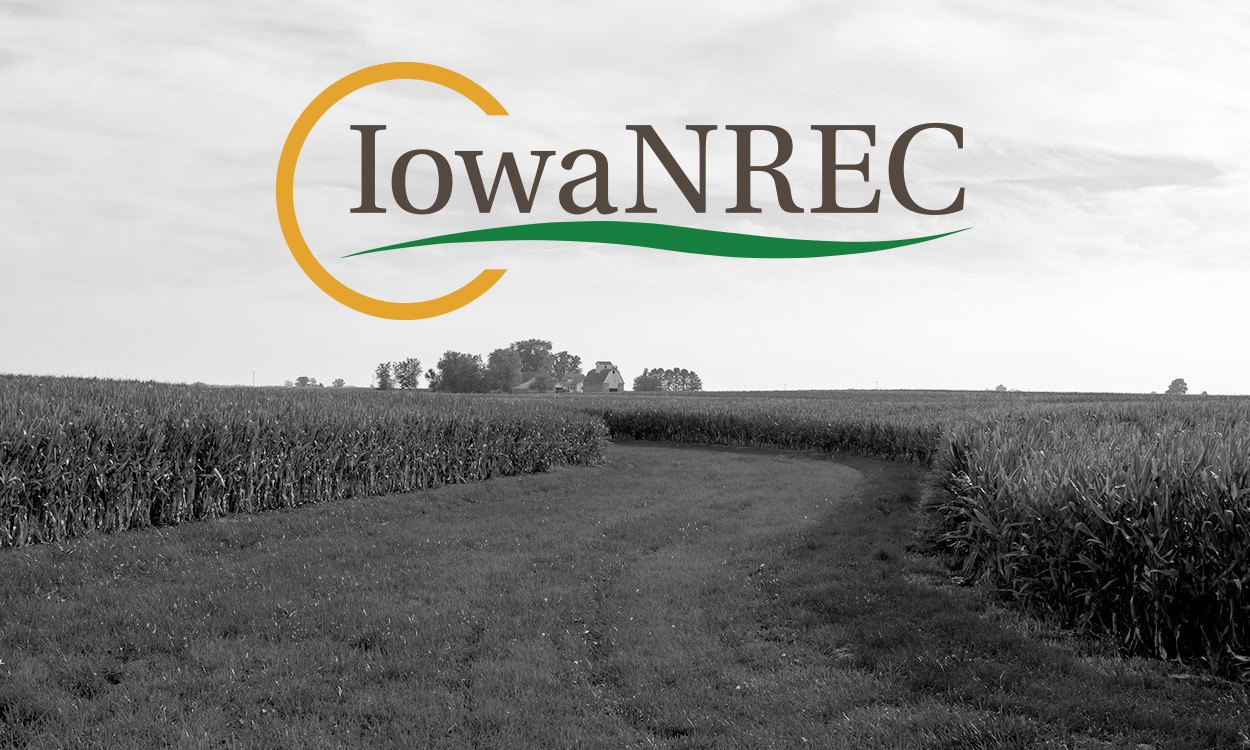INREC funded the same Iowa State University science team that worked on the nutrient assessment for the Iowa NRS in 2012 to use the same methodology and provide a nutrient assessment for the baseline years of 1980-1996. The completion of a baseline assessment provides an historic point of comparison for both phosphorus and nitrogen.
This assessment shows that from the baseline period of 1980-1996 to the time of the establishment of the Iowa NRS, phosphorus losses have dropped 22 percent, largely attributed to the widespread adoption of decreased tillage. The assessment also shows that nitrogen use efficiency has increased significantly–crop yields have increased while nitrogen losses have remained mostly steady.
In addition to funding the baseline study, INREC is also actively wrapping up the final pilot phase of the official state of Iowa Nutrient Reduction Strategy progress measurement tool. Funding also is being provided by INREC for a complete map of every Iowa watershed to provide a detailed picture of every structural practice currently in the state and identify changes in implementation since the baseline years.
